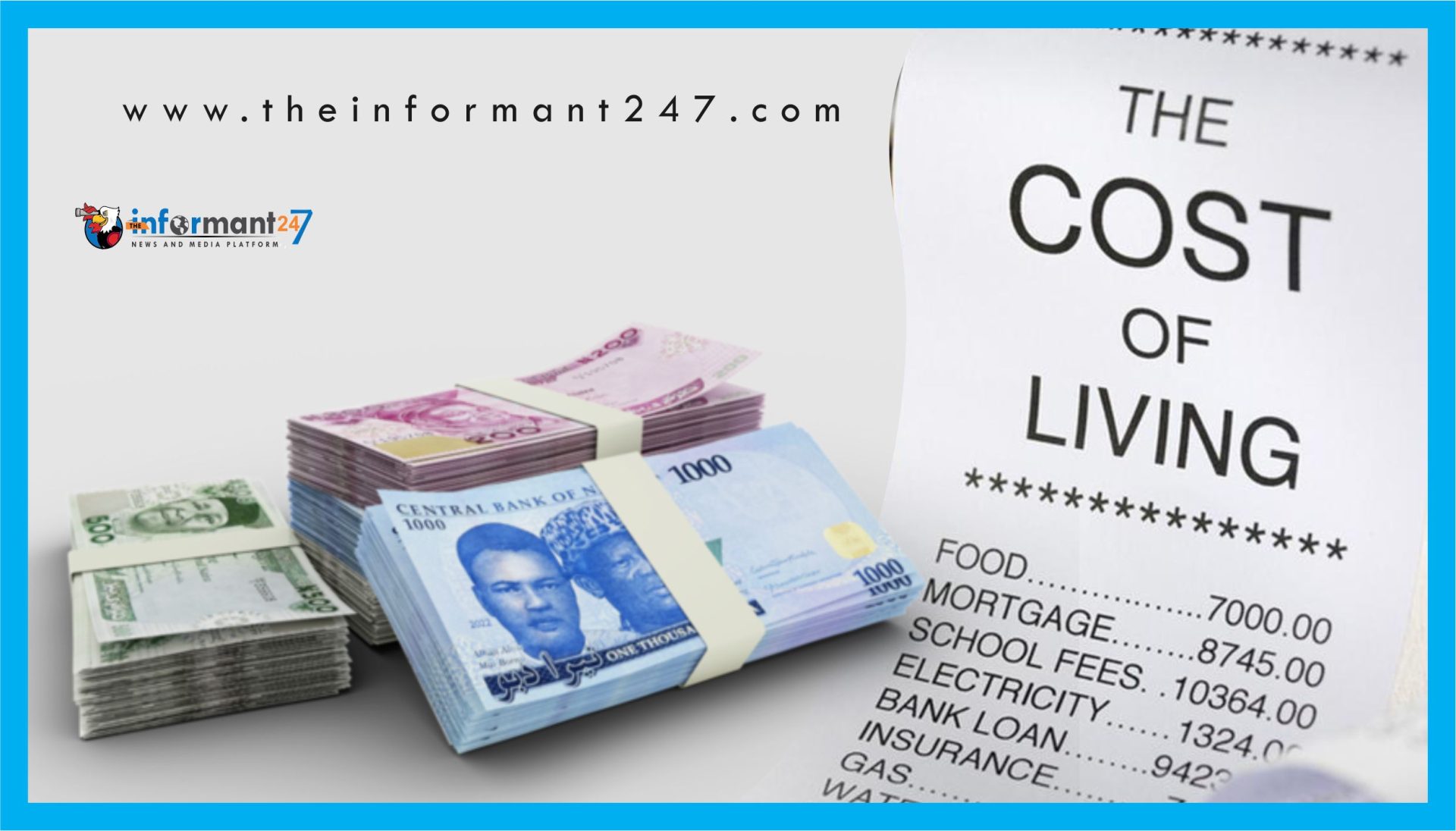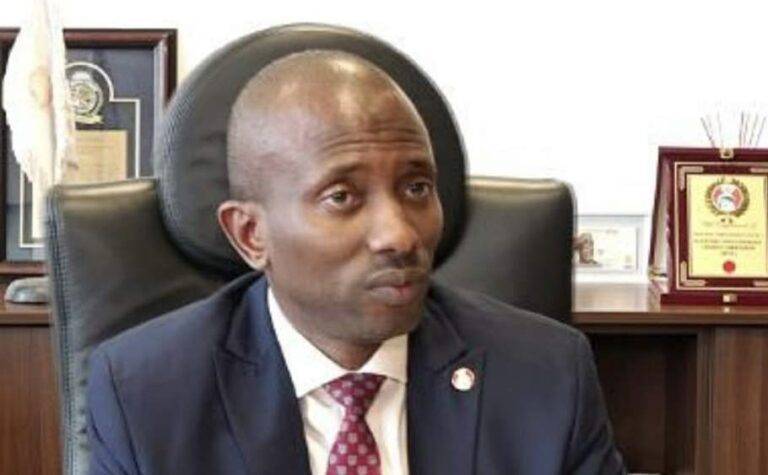The true cost of living in Nigeria’s major cities (2025 update)
Living in Nigeria’s bustling urban centres comes with its unique challenges and costs. In 2025, the cost of living in cities such as Lagos, Abuja, and Port Harcourt continues to rise, influenced by economic shifts, inflation, and varying lifestyle demands. Here’s an updated breakdown of expenses for those considering a move or evaluating their finances.
Housing Costs
Housing remains the largest expense for residents in major Nigerian cities. In Lagos, renting a one-bedroom apartment in the city centre can cost upwards of ₦900,000 annually, while in Abuja, similar accommodations can reach ₦1.2 million or more. Suburban areas offer slightly cheaper alternatives, but commuting costs often offset the savings.
Port Harcourt residents typically pay around ₦700,000 annually for comparable housing. For families seeking three-bedroom apartments, costs can soar to over ₦3 million annually, depending on the location and amenities.
Transportation Expenses
Transport costs in Nigeria vary significantly based on the mode and distance. With fuel prices fluctuating due to subsidy removals, daily commuting can quickly add up. For instance:
- Public transport: A typical bus ride within Lagos costs between ₦200 and ₦500 per trip.
- Ride-hailing services: Popular options like Bolt or Uber charge between ₦1000 and ₦4000 per trip within city limits.
- Car ownership: With petrol prices averaging ₦965 per litre, monthly fuel costs can exceed ₦100,000, excluding maintenance and insurance.
Food and Groceries
The cost of food has seen a sharp increase in recent years. Dining out in Lagos or Abuja’s mid-range restaurants can cost ₦5,000 per meal, while a family of four may spend upwards of ₦80,000 monthly on groceries. Staples like rice, beans, and yams remain relatively affordable, but imported goods and packaged foods are increasingly expensive.
Utilities and Internet
Utilities are a significant expense, especially with inconsistent power supply necessitating alternative energy sources. Average monthly costs include:
- Electricity: ₦25,000–₦100,000, depending on generator usage.
- Water: ₦5,000–₦10,000.
- Internet: Reliable broadband packages cost around ₦20,000 monthly.
Education and Healthcare
Private education and healthcare dominate family budgets. Annual school fees in private institutions can range from ₦500,000 to ₦3 million, while routine medical check-ups or treatments at private hospitals often cost ₦20,000 or more per visit.
Entertainment and Lifestyle
Leisure activities in major cities come at a premium. Movie tickets average ₦3,000, while gym memberships range from ₦20,000 to ₦50,000 monthly. Socialising in bars or lounges can quickly escalate expenses, with drinks costing around ₦1,000 each.
Conclusion
The cost of living in Nigeria’s major cities remains high, driven by housing, transportation, and fluctuating economic factors. Prospective residents must carefully plan their finances to maintain a comfortable lifestyle. Whether you’re relocating for work or already living in these urban hubs, understanding these costs can help you budget effectively and make informed decisions.
FAQs
1. Which city is the most expensive to live in Nigeria? Lagos often ranks as the most expensive city due to its high housing and transportation costs.
2. How can I reduce my living expenses in Nigerian cities? Consider living in suburban areas, using public transport, and budgeting for essentials over luxuries.
3. Are there affordable alternatives for housing and utilities? Yes, exploring shared accommodations and using prepaid electricity meters can reduce costs significantly.







